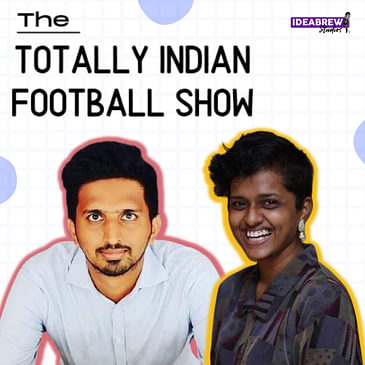Siddharth Sabapathy is a known personality in Mumbai football. As he joins host Siju on the 97th episode, he shares how he began his journey which started off as a player & to his current role as owner of Community Football Club of India (CFCI) and a key member in the Mumbai Football Association (MFA). His vision of wanting and making sure young players get an opportunity to play to grow as a professional has kept him going places. Recently, his Club has signed a partnership with I-League team Sreenidi Deccan FC. He’s always writing a new chapter in the history of Mumbai football!
We appreciate your support!💙
Check out and follow us on our social media handles below:
Instagram: https://www.instagram.com/humansofindianfootball/
Twitter: https://twitter.com/OfficialHoIF/
Facebook: https://www.facebook.com/humansofindianfootball/
YouTube: https://www.youtube.com/@HumansofIndianFootball


